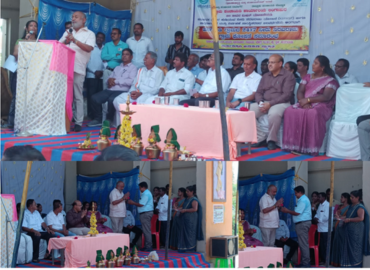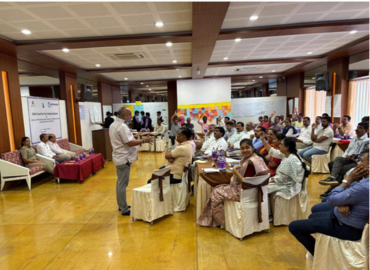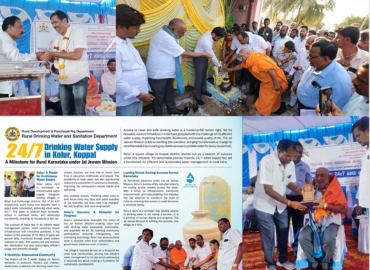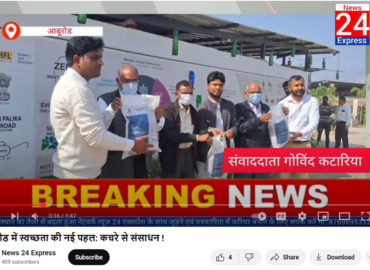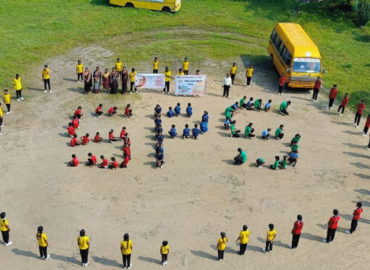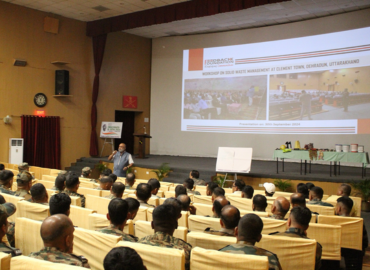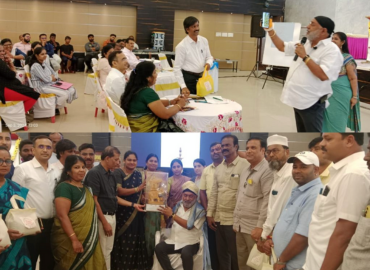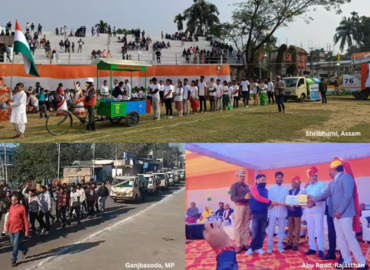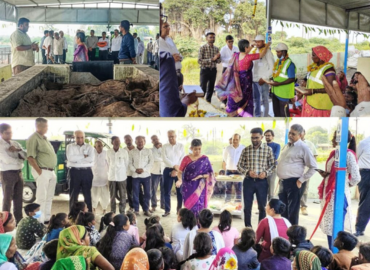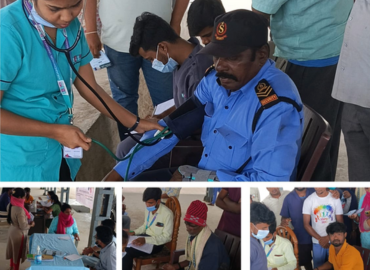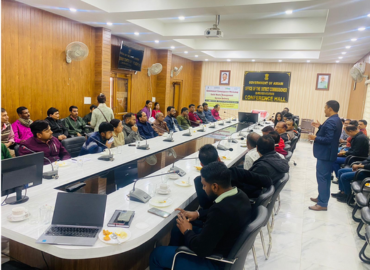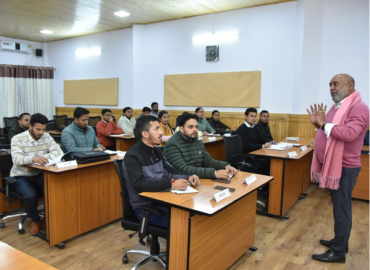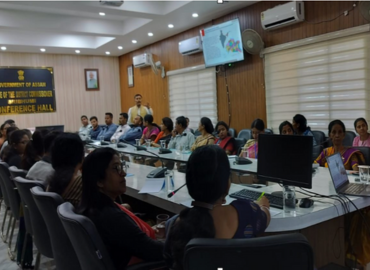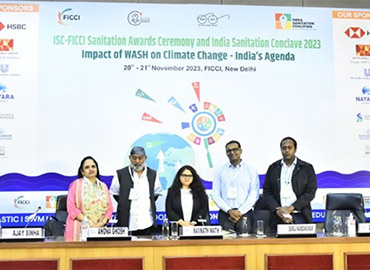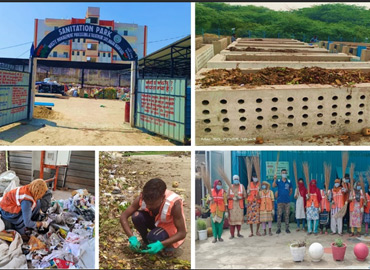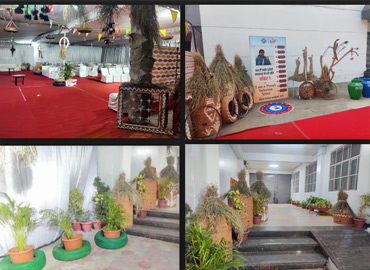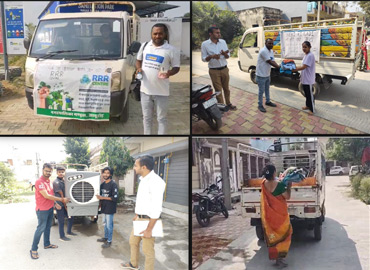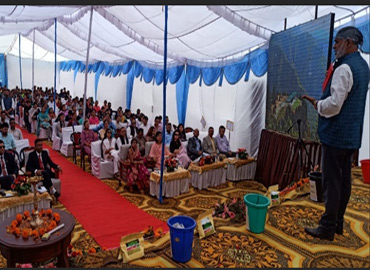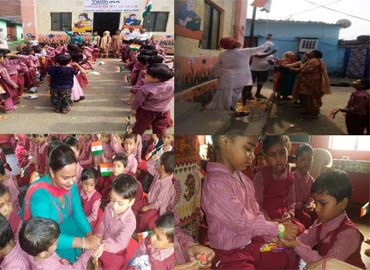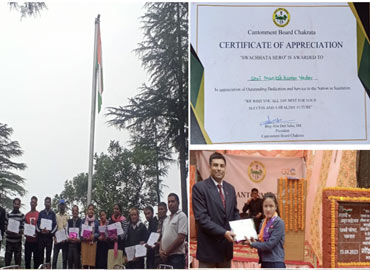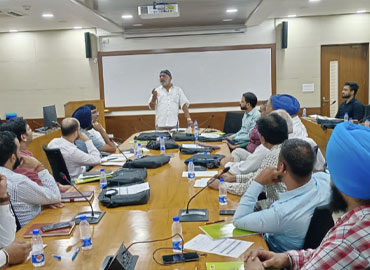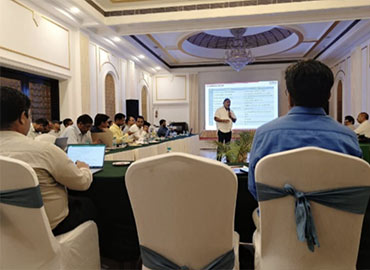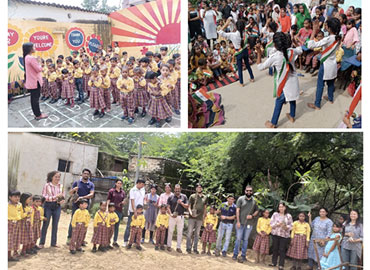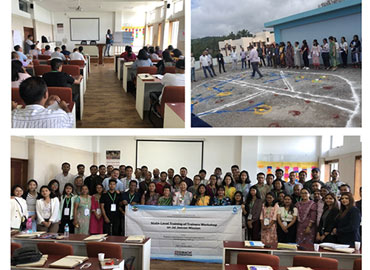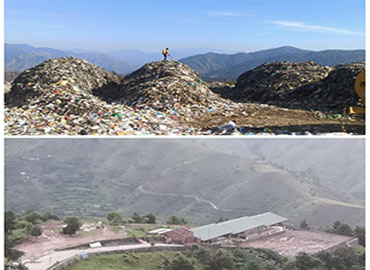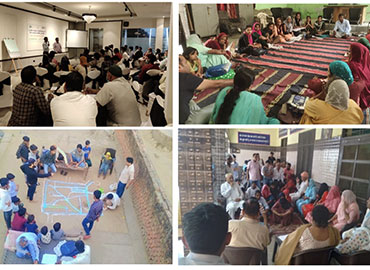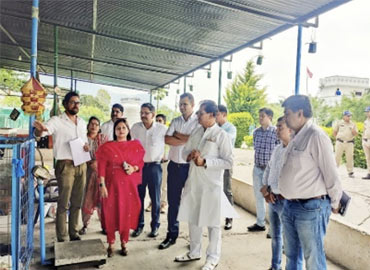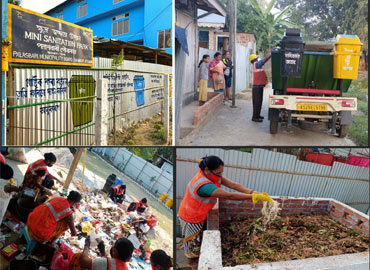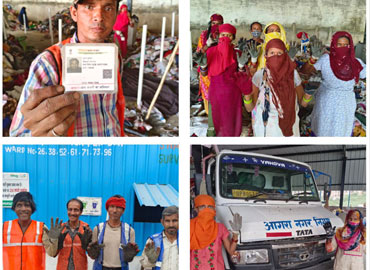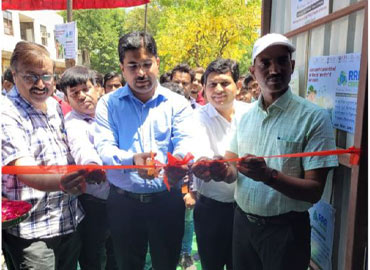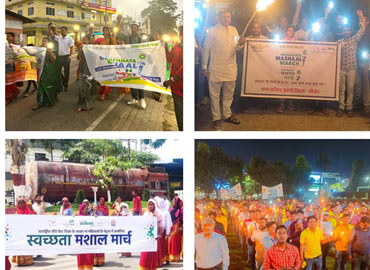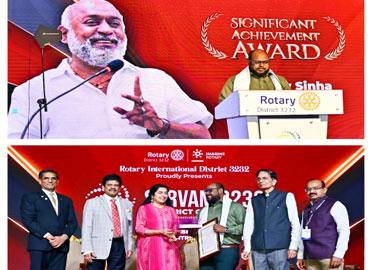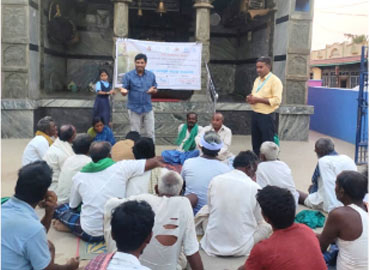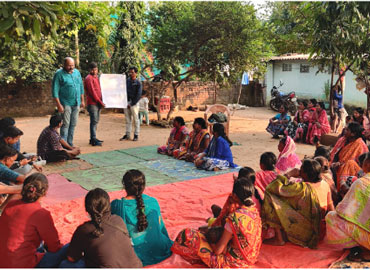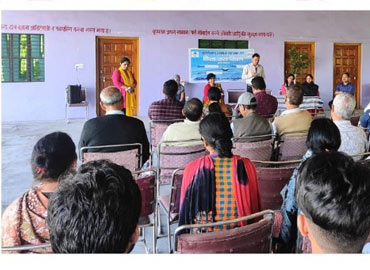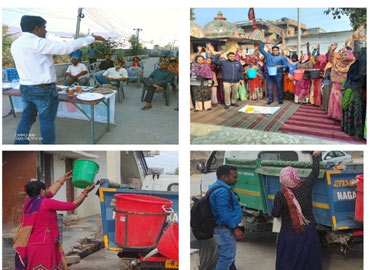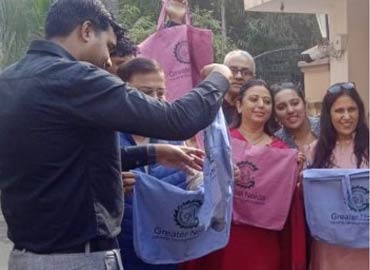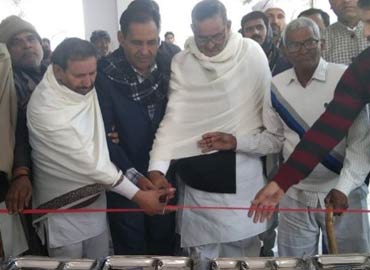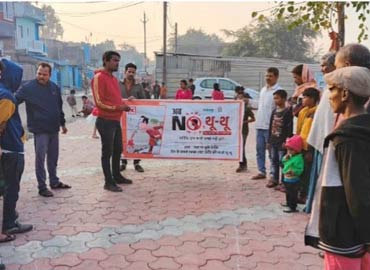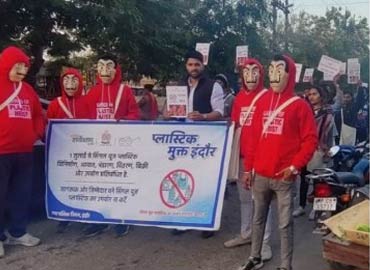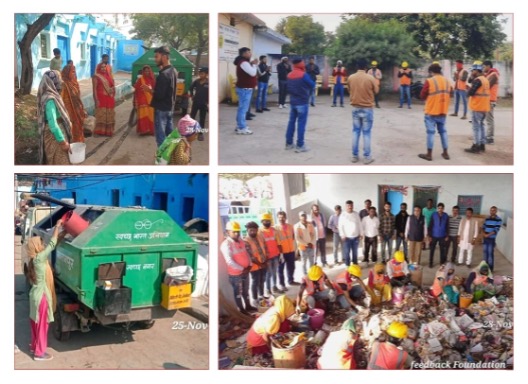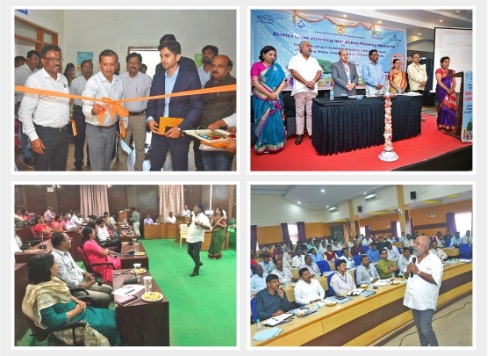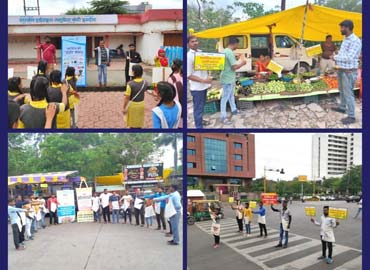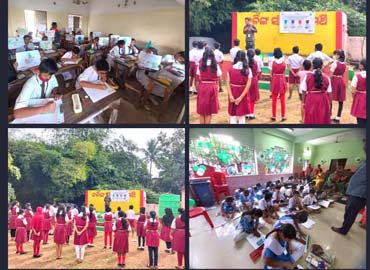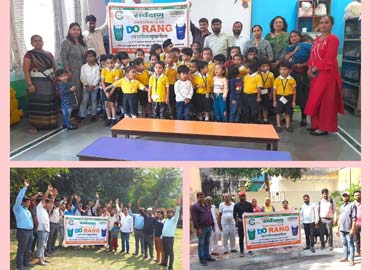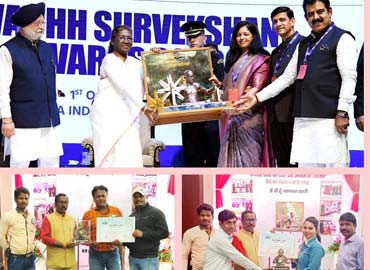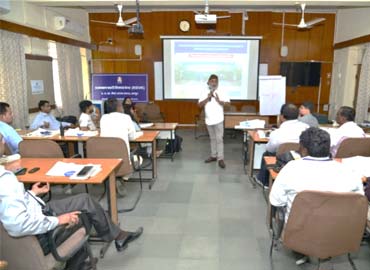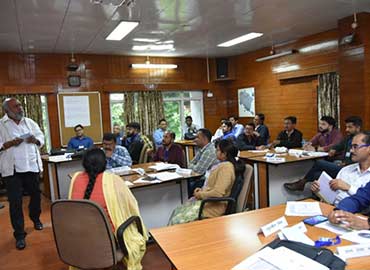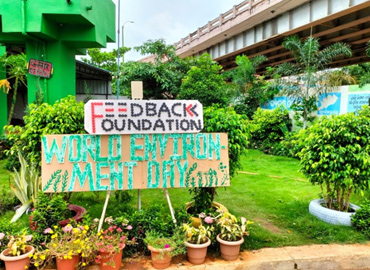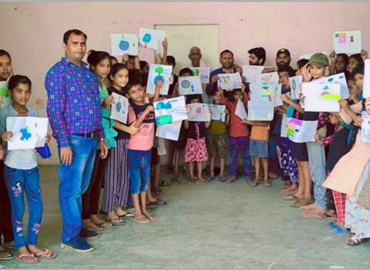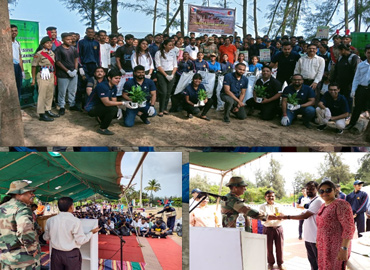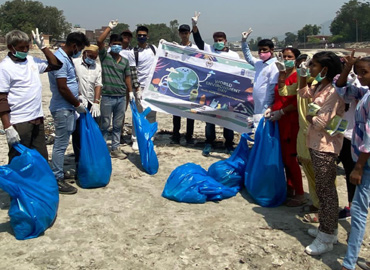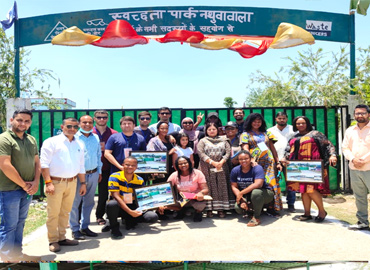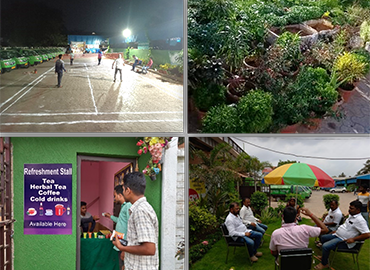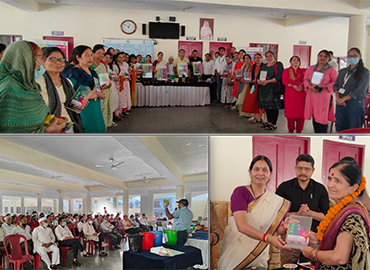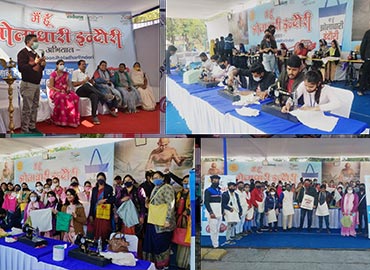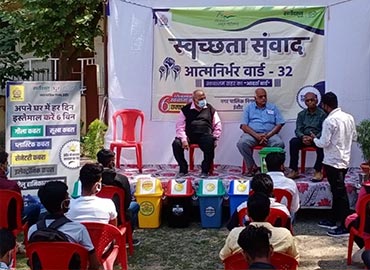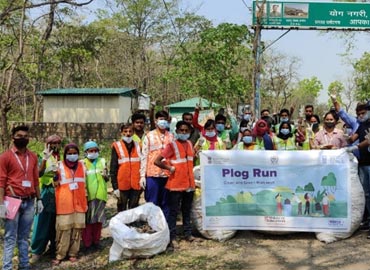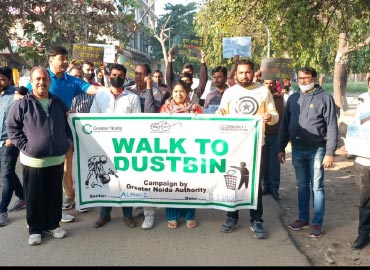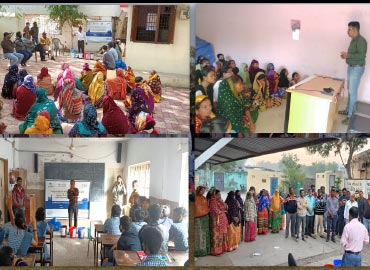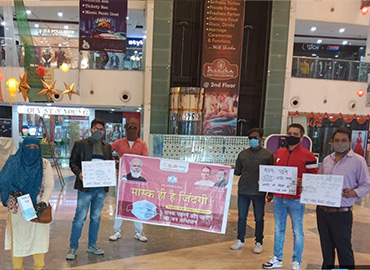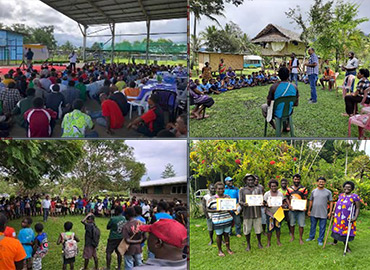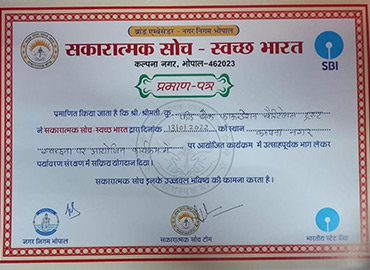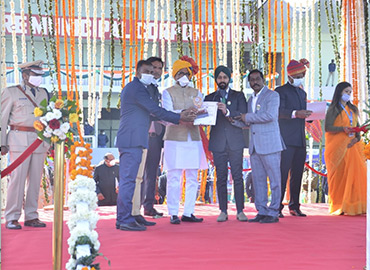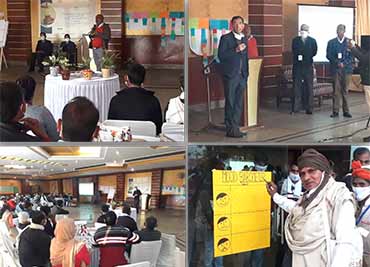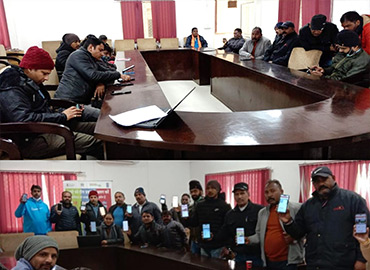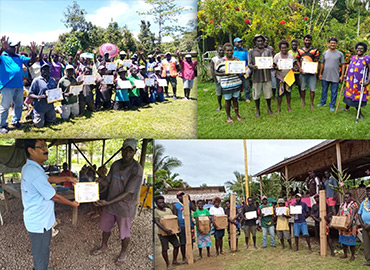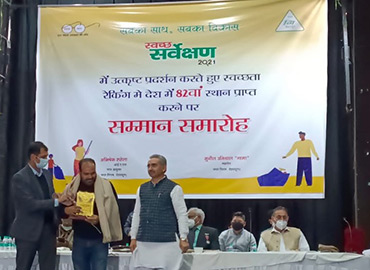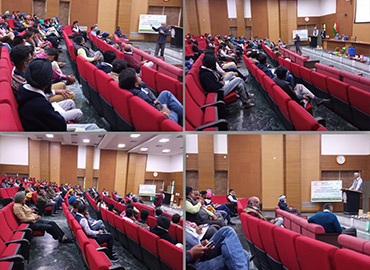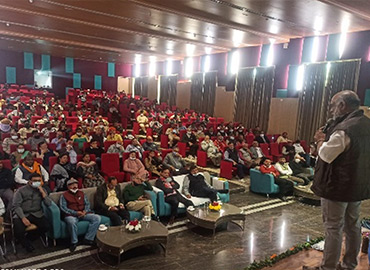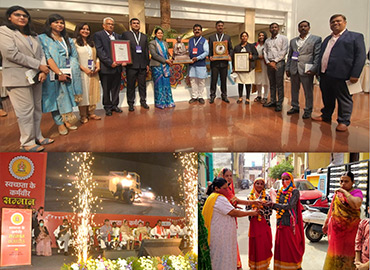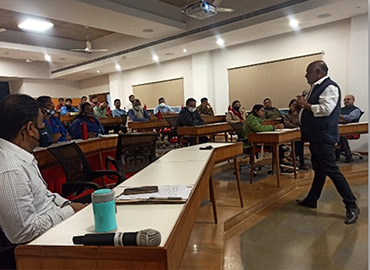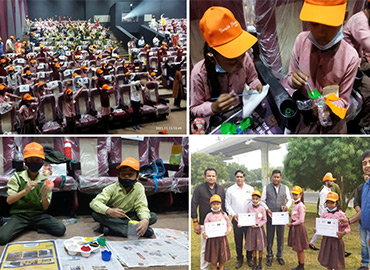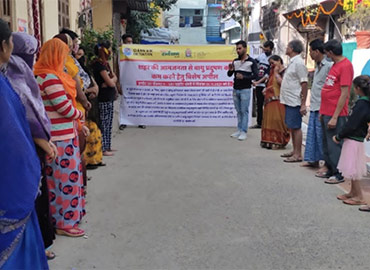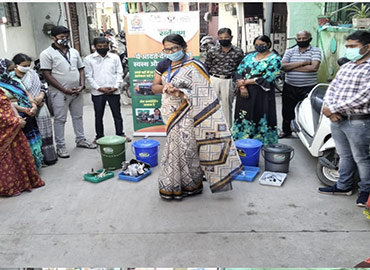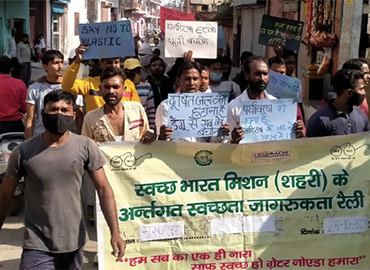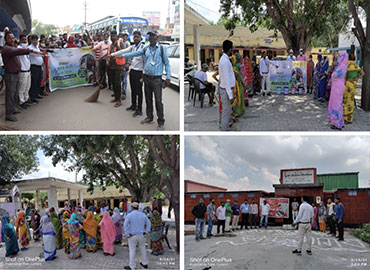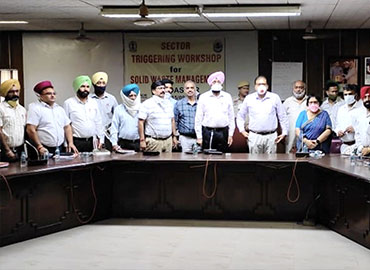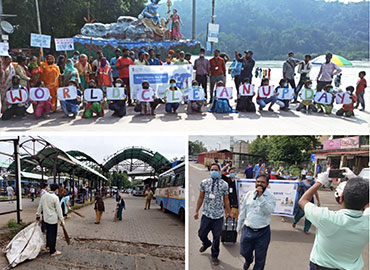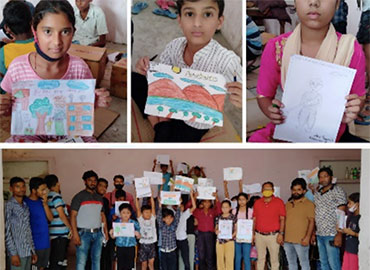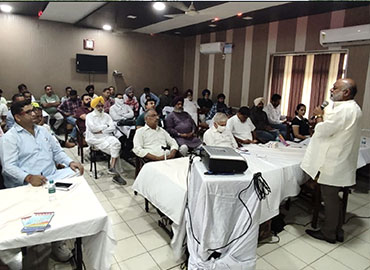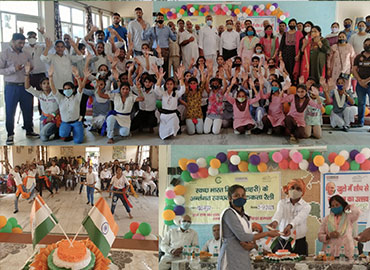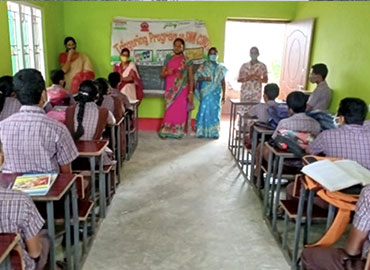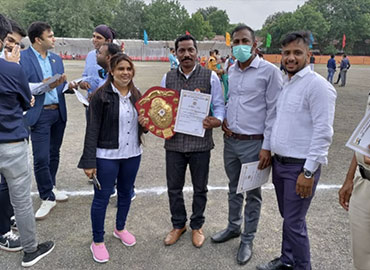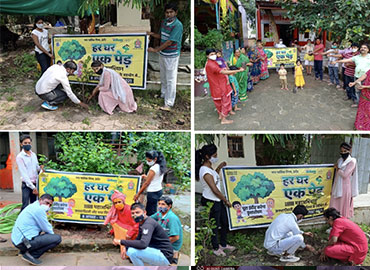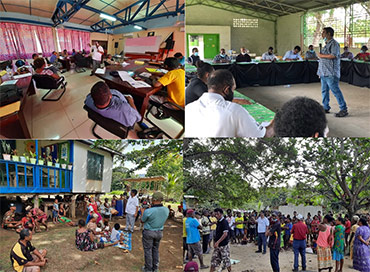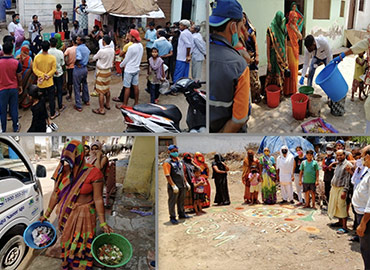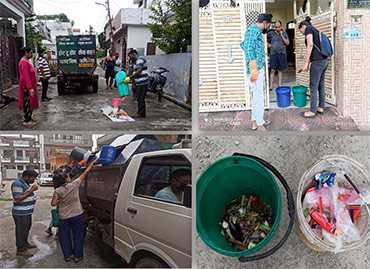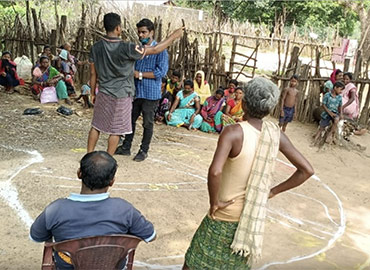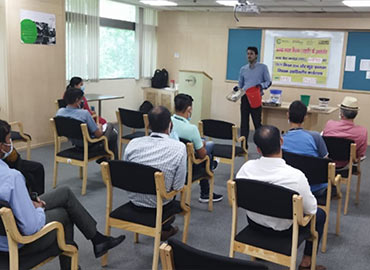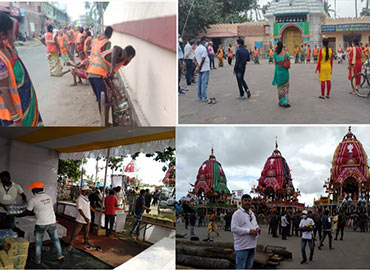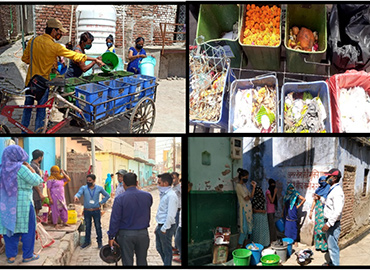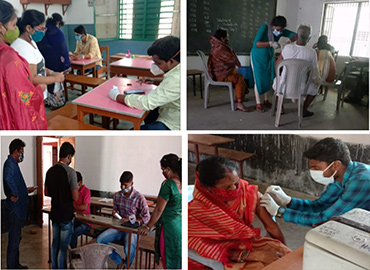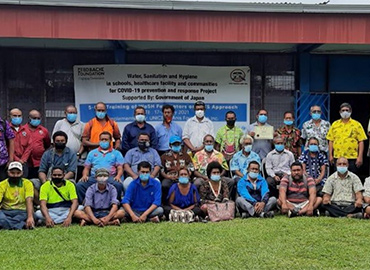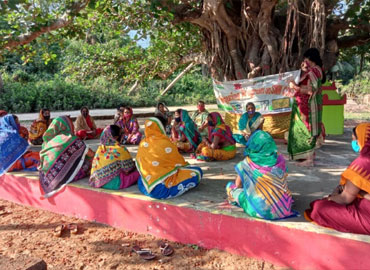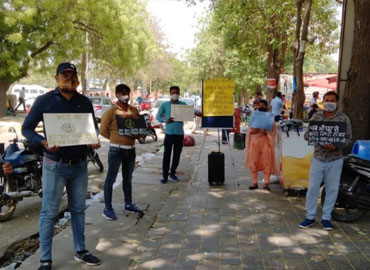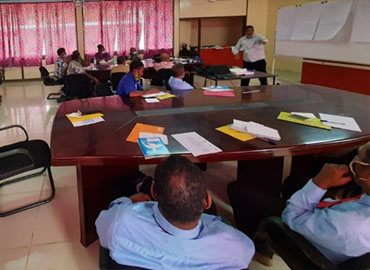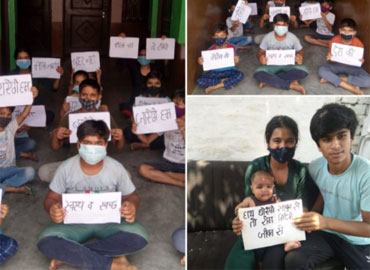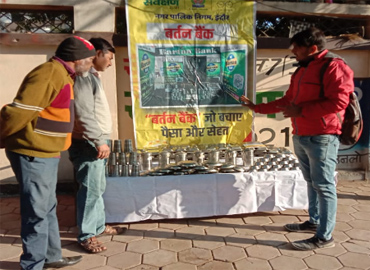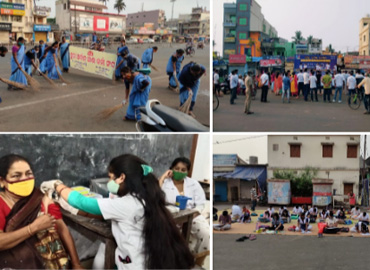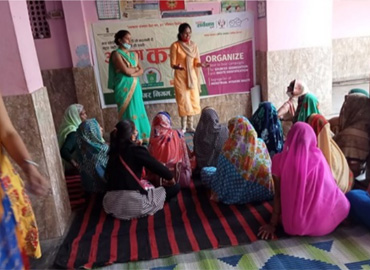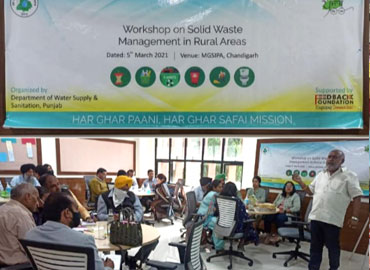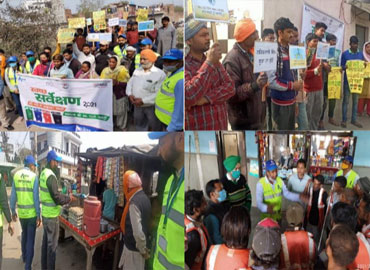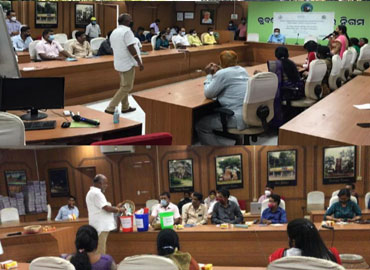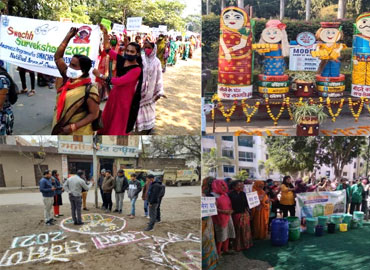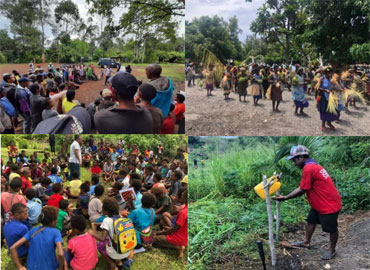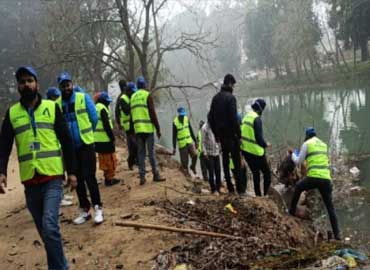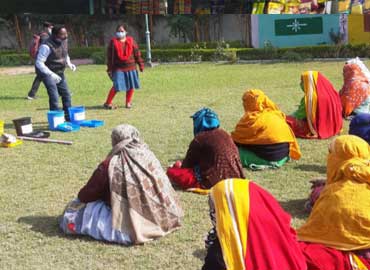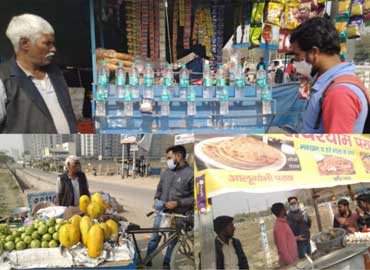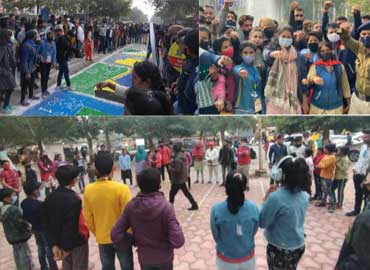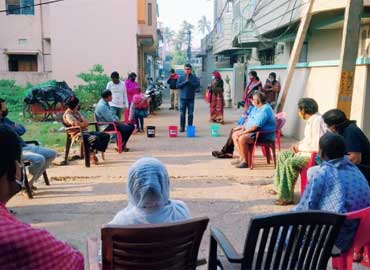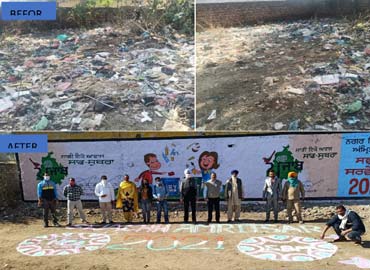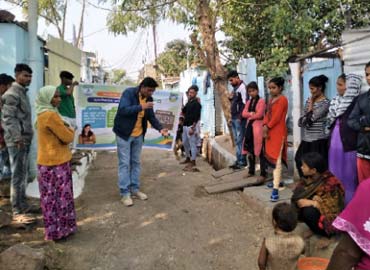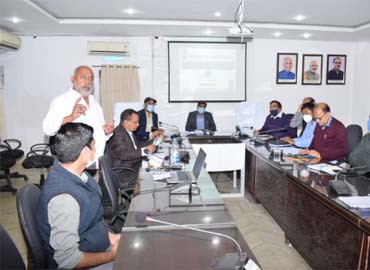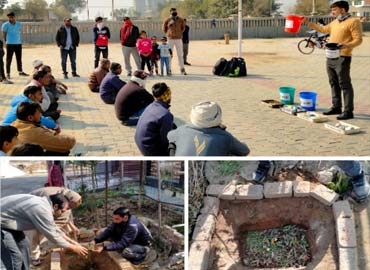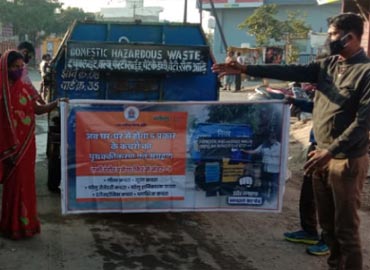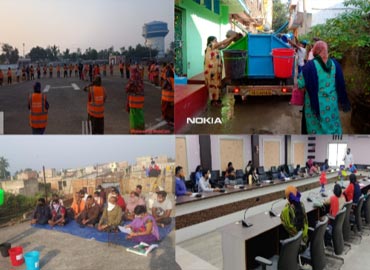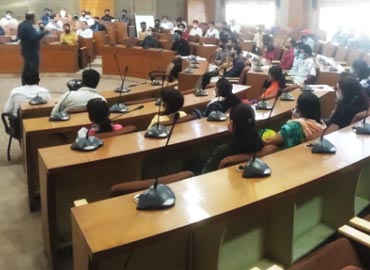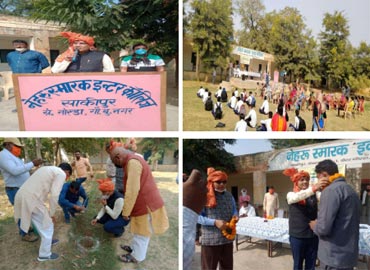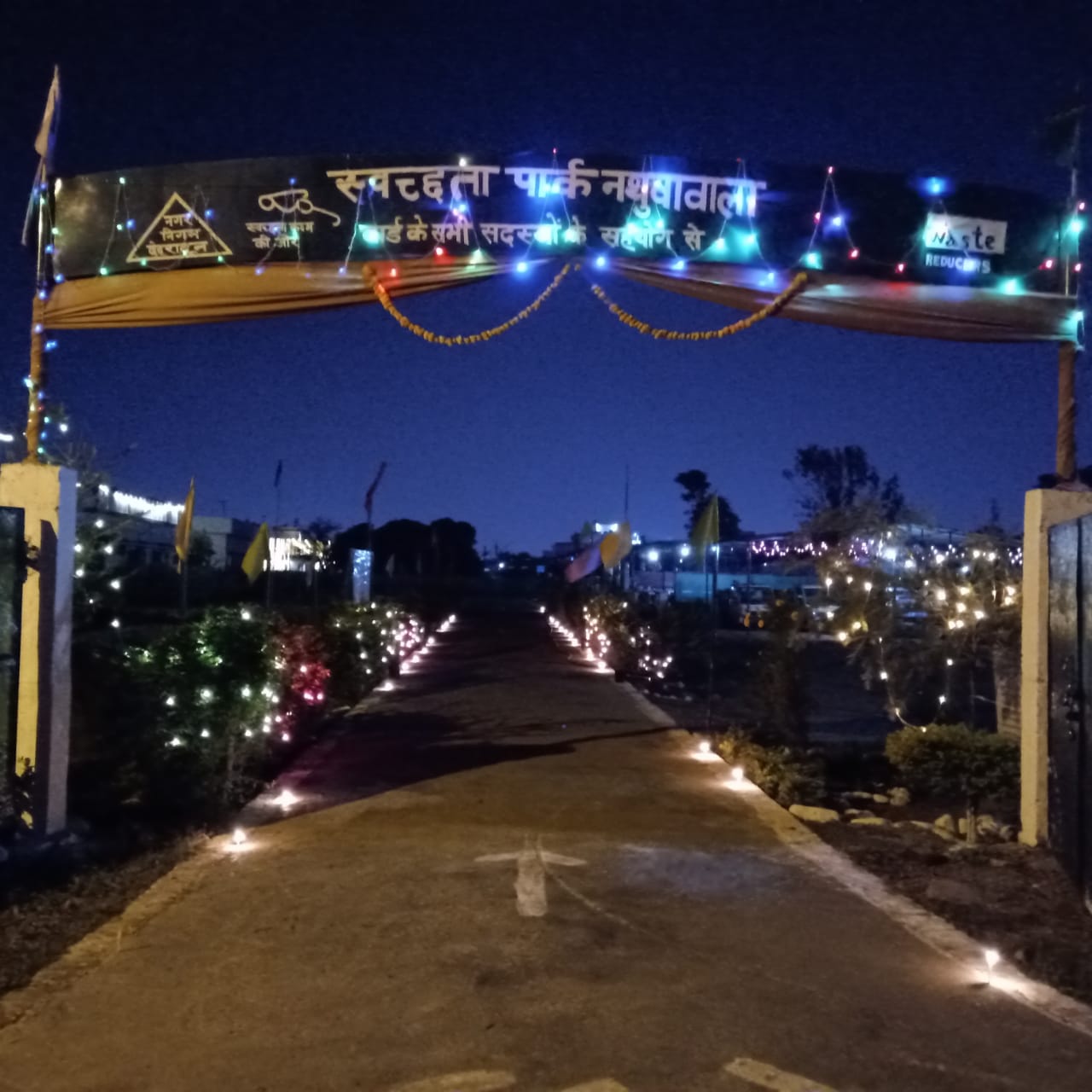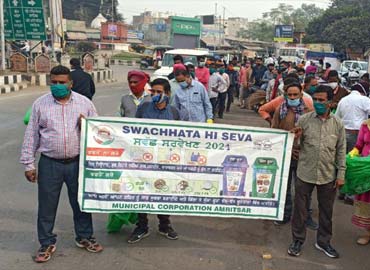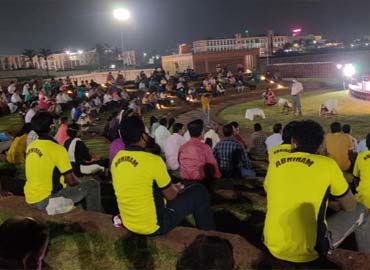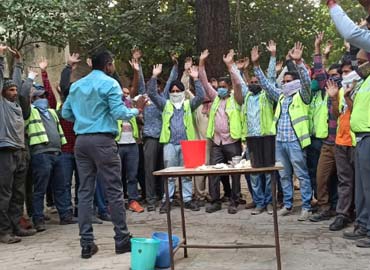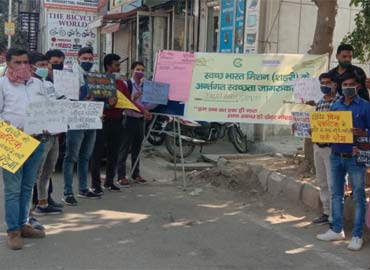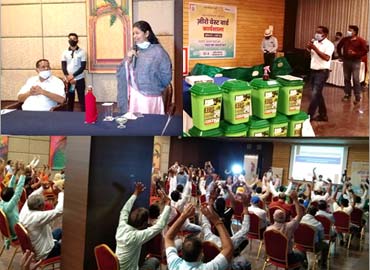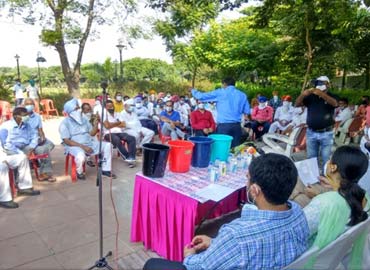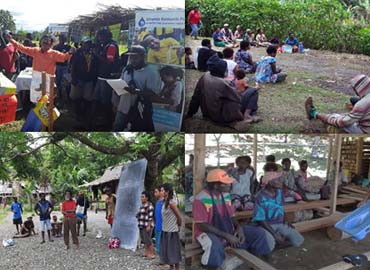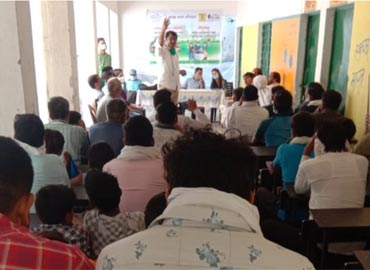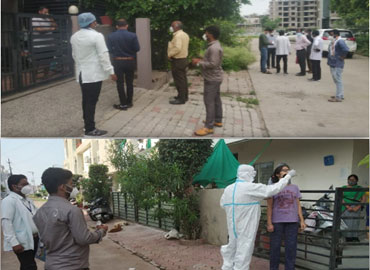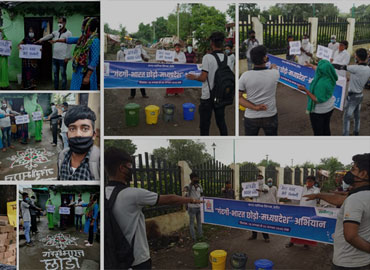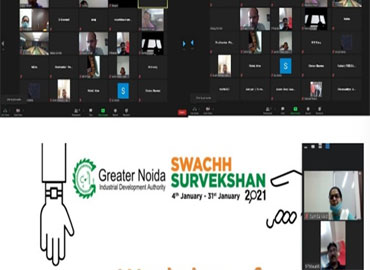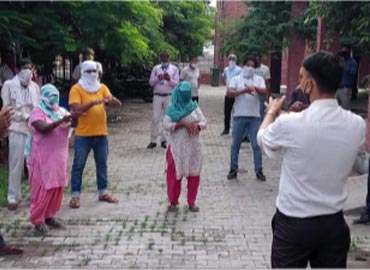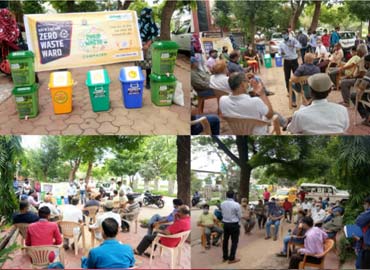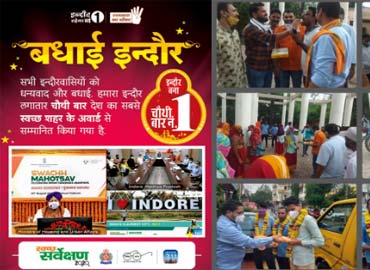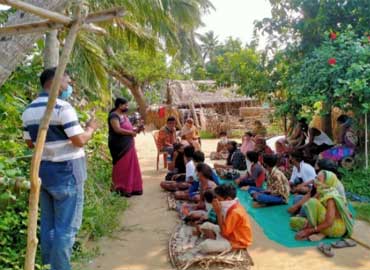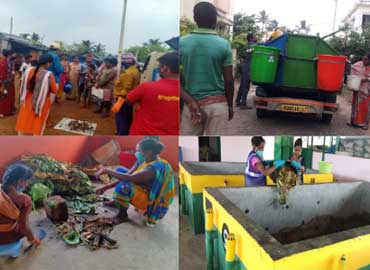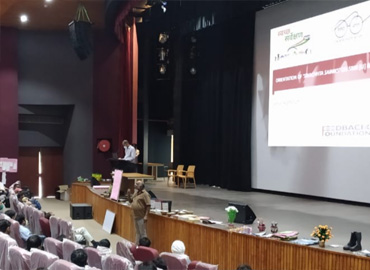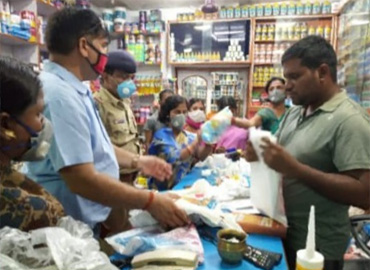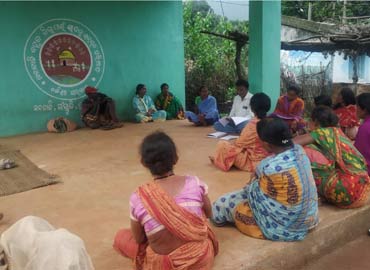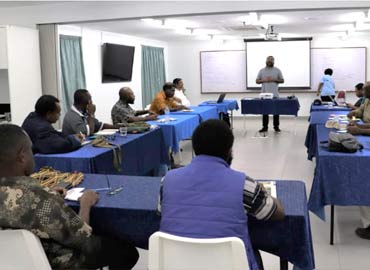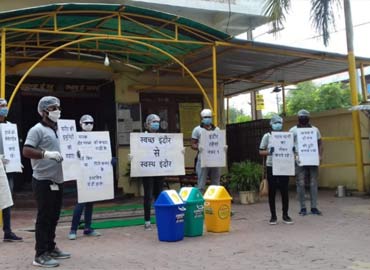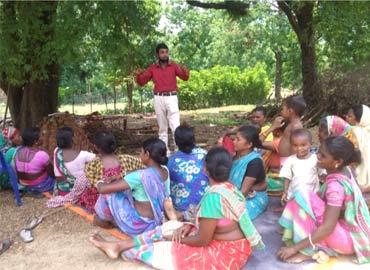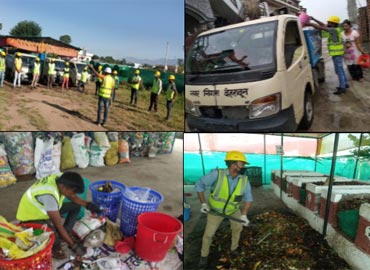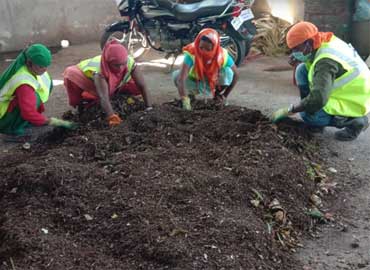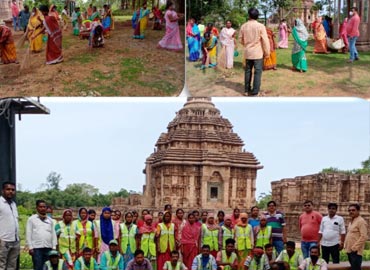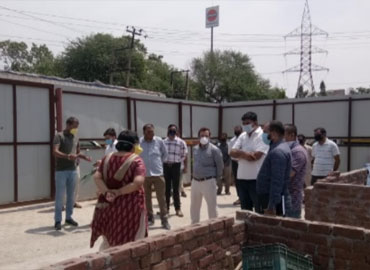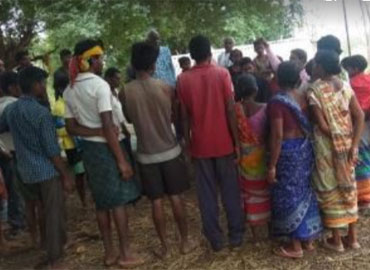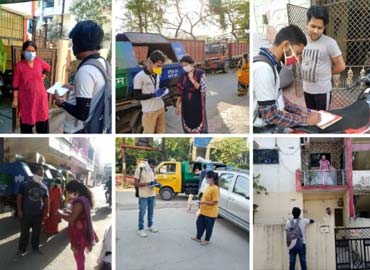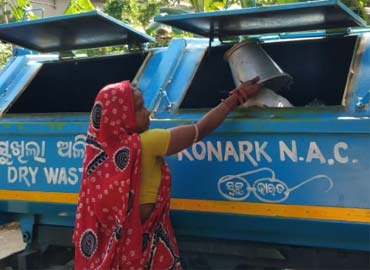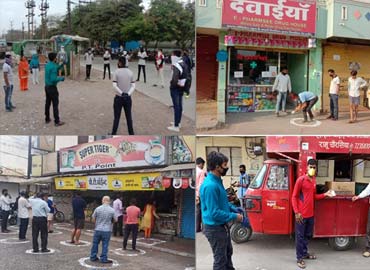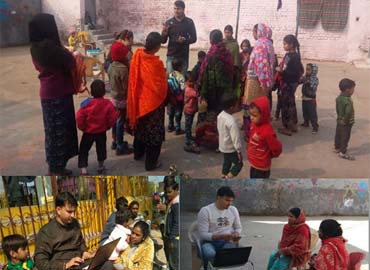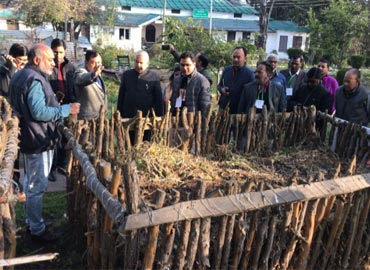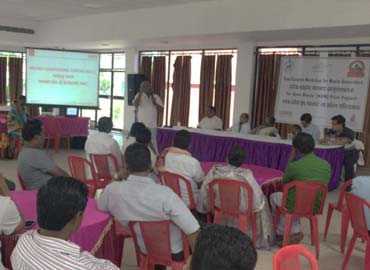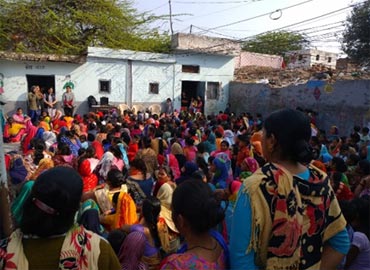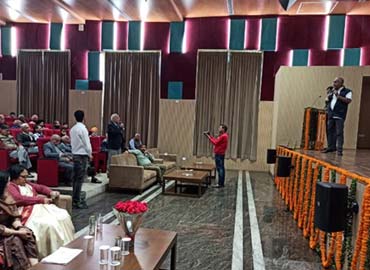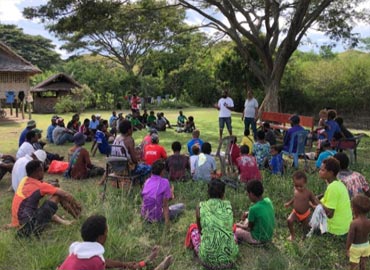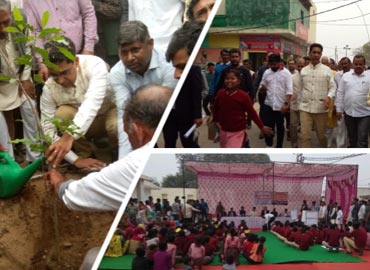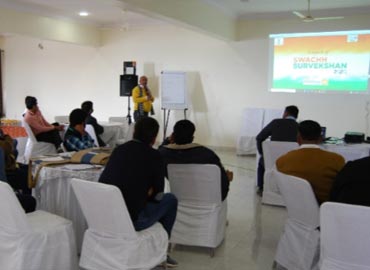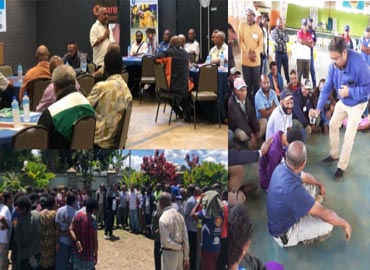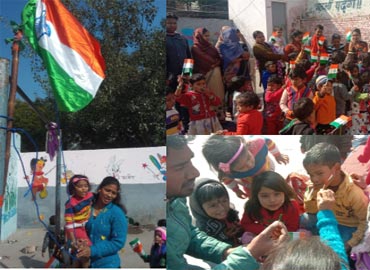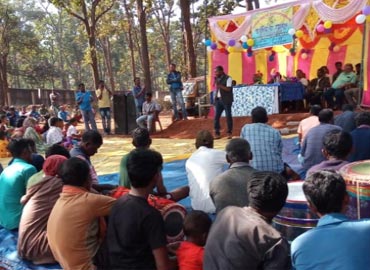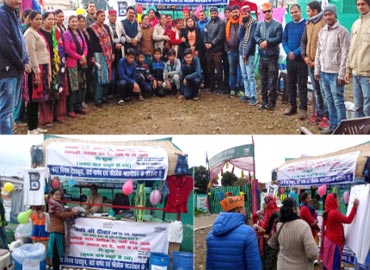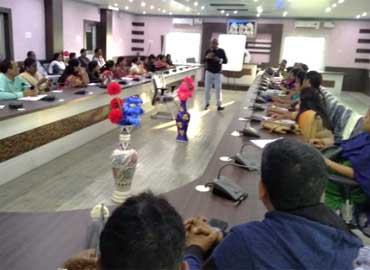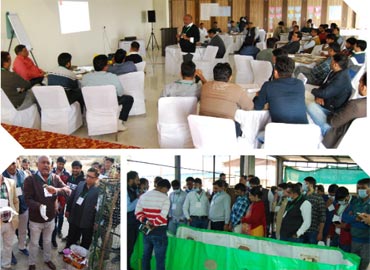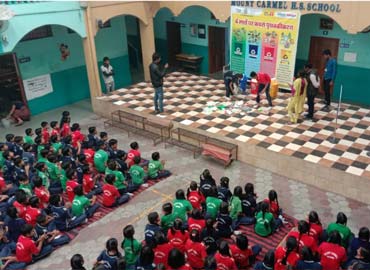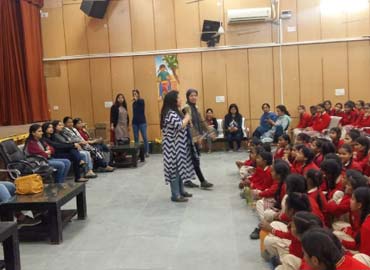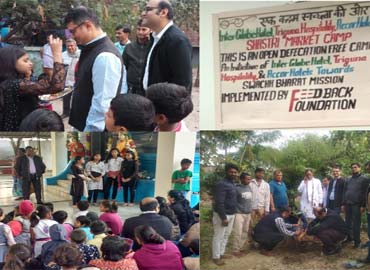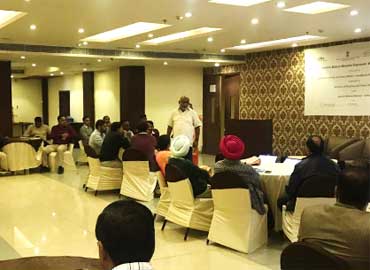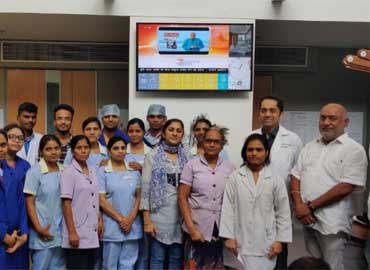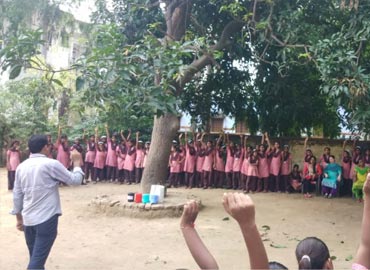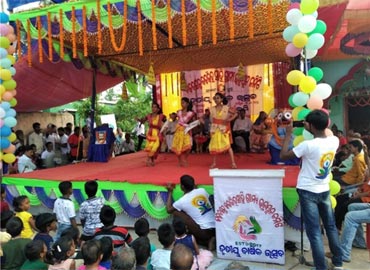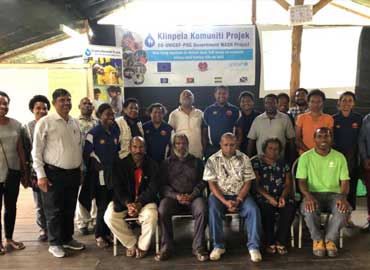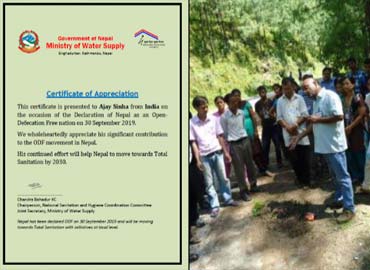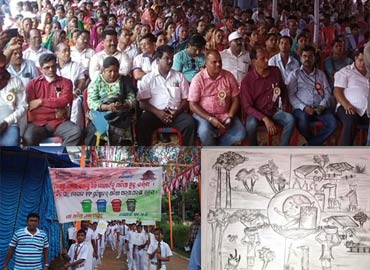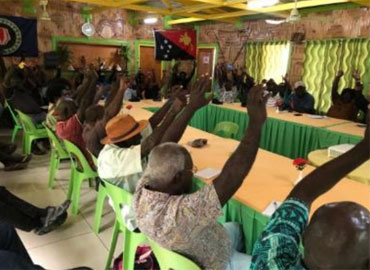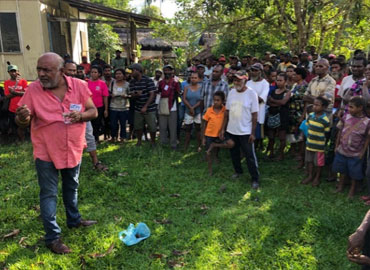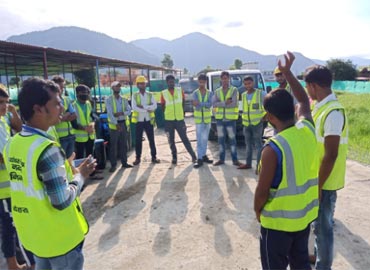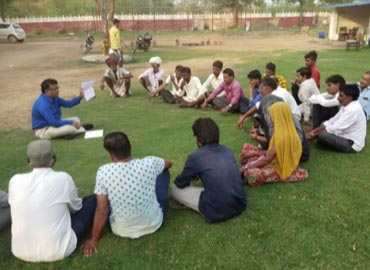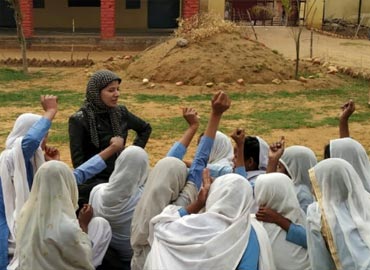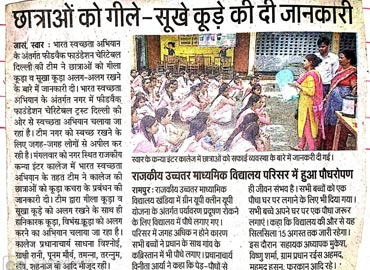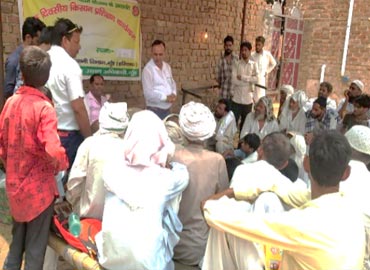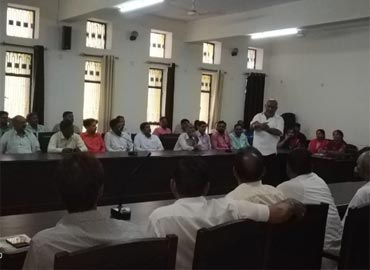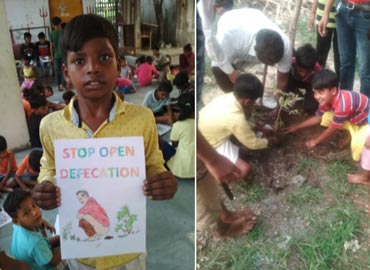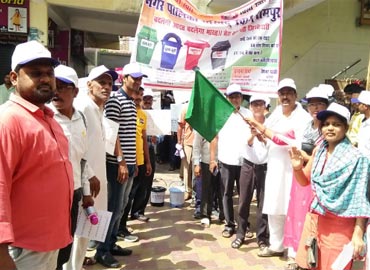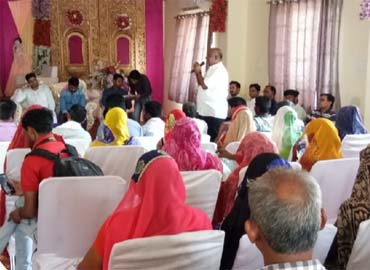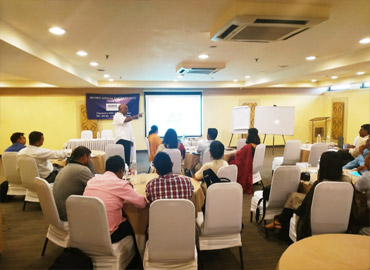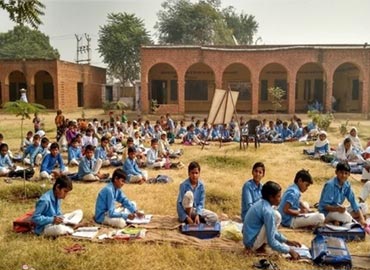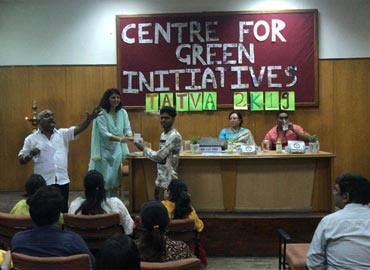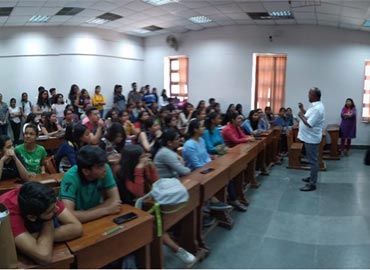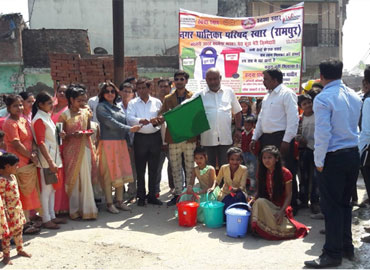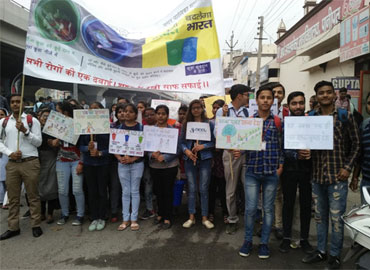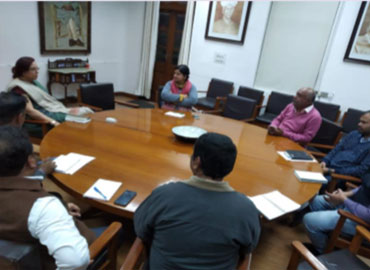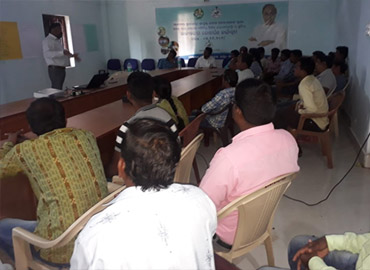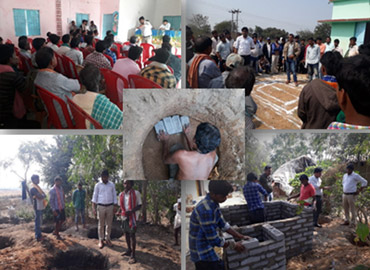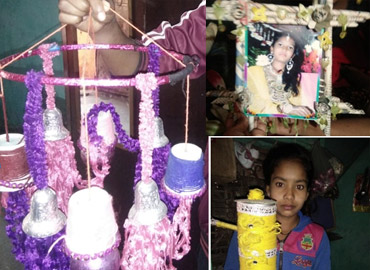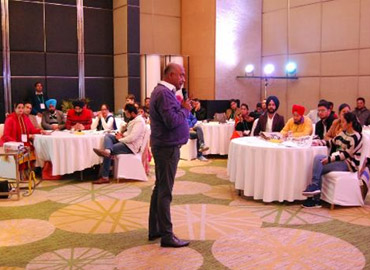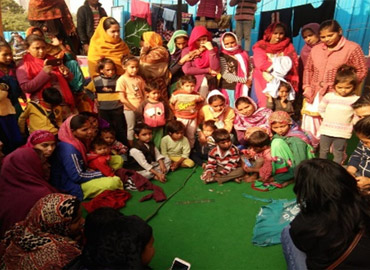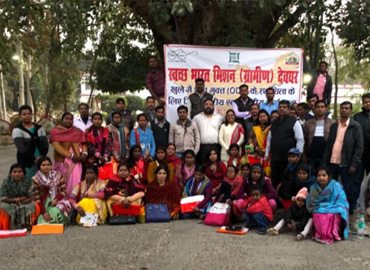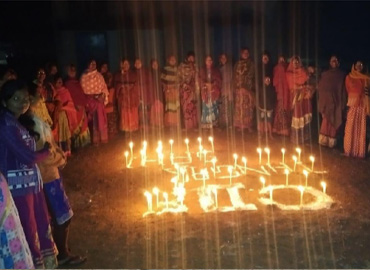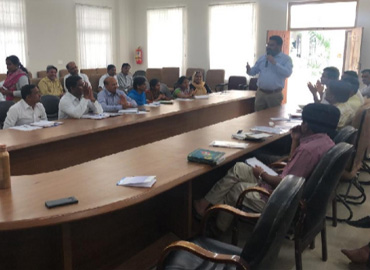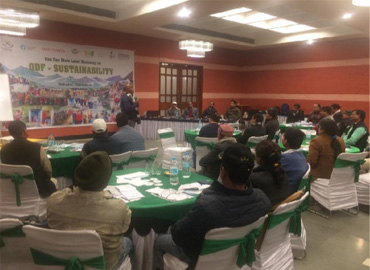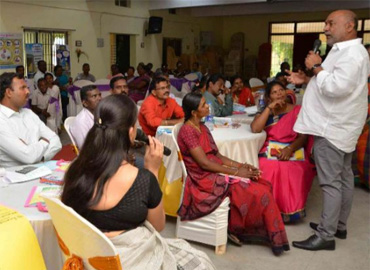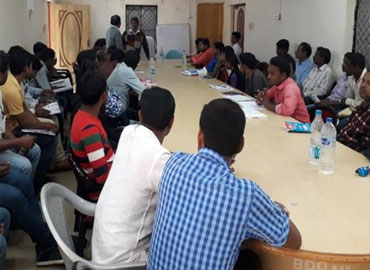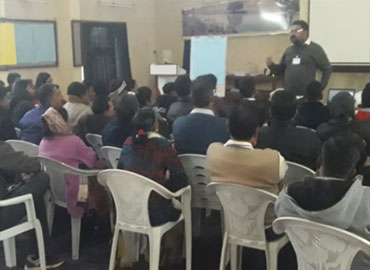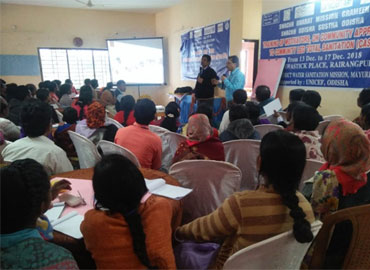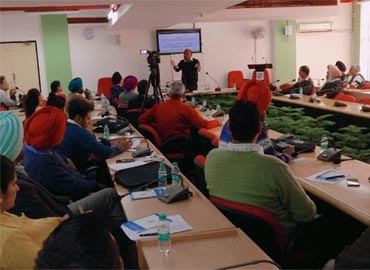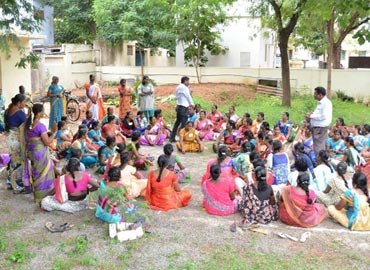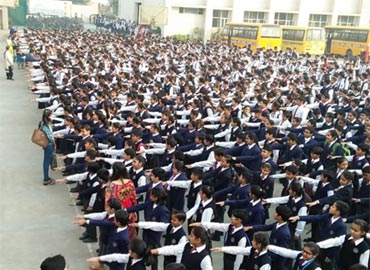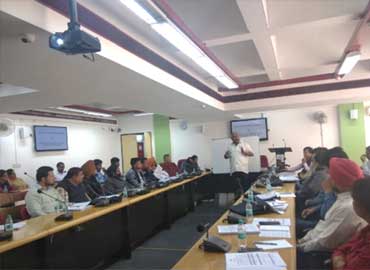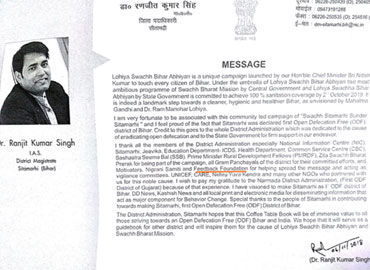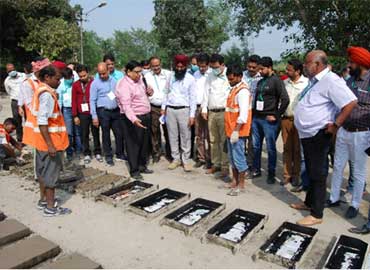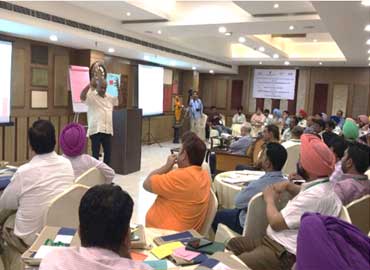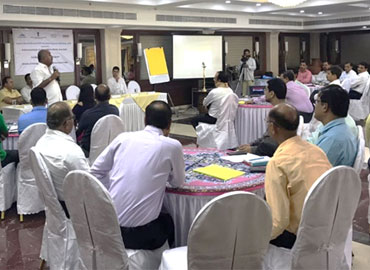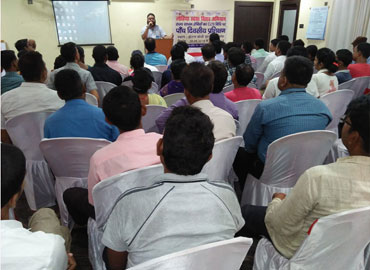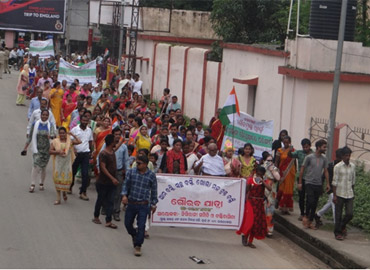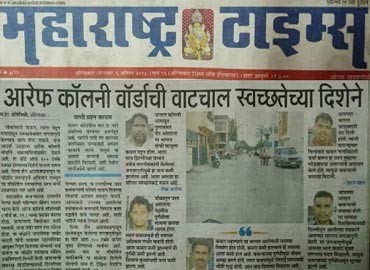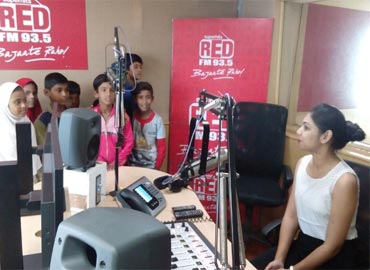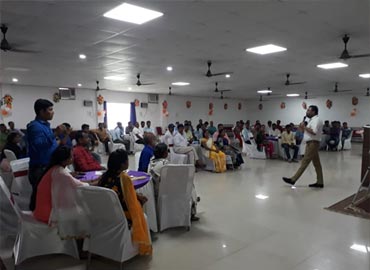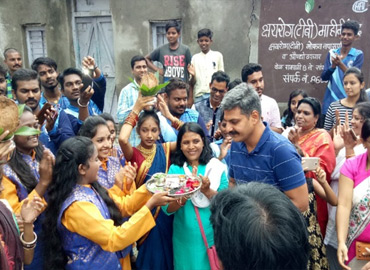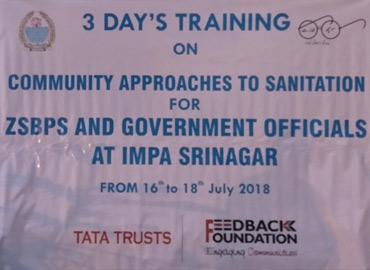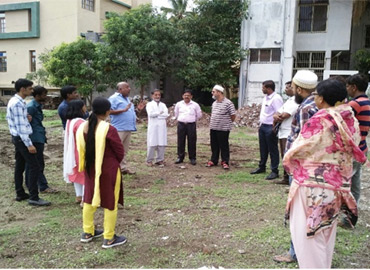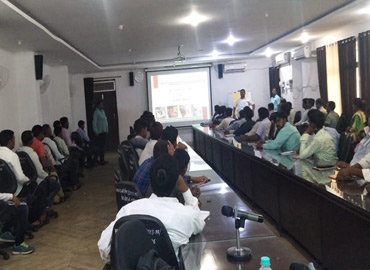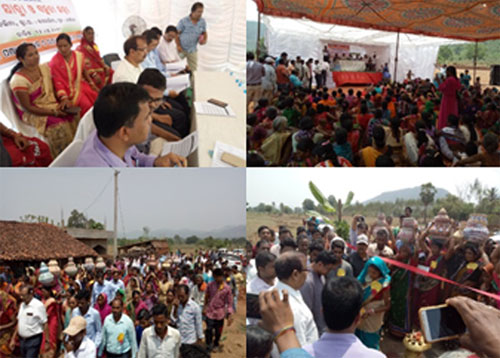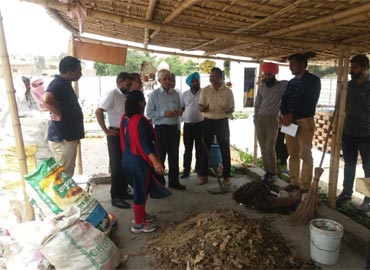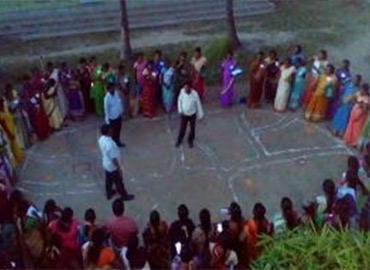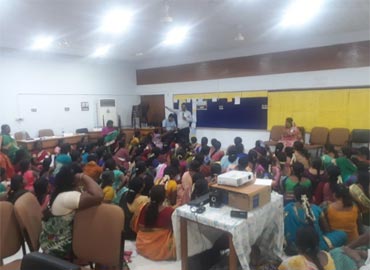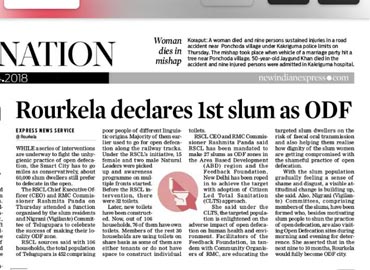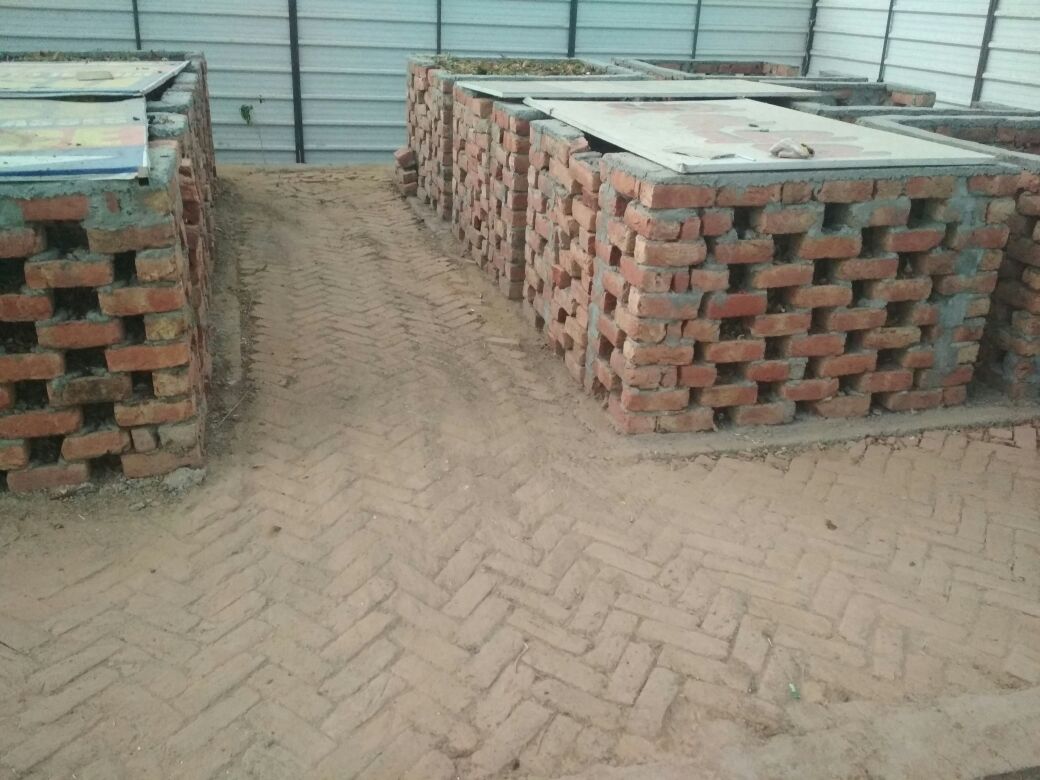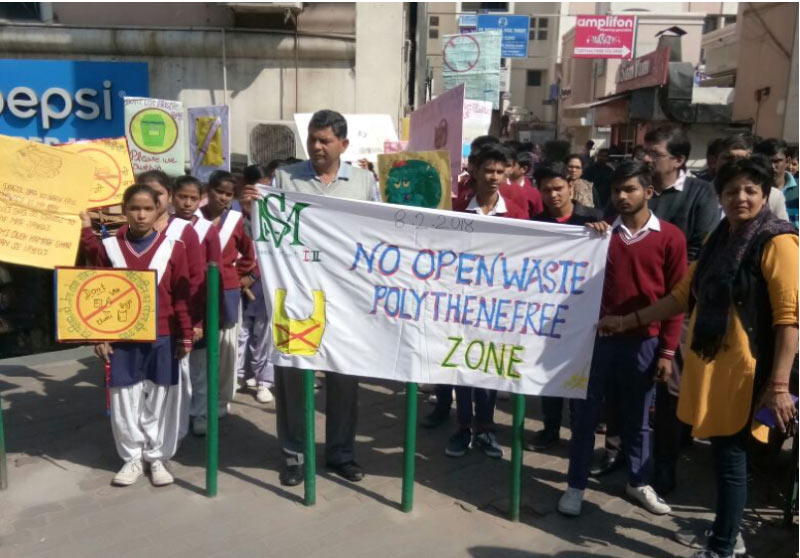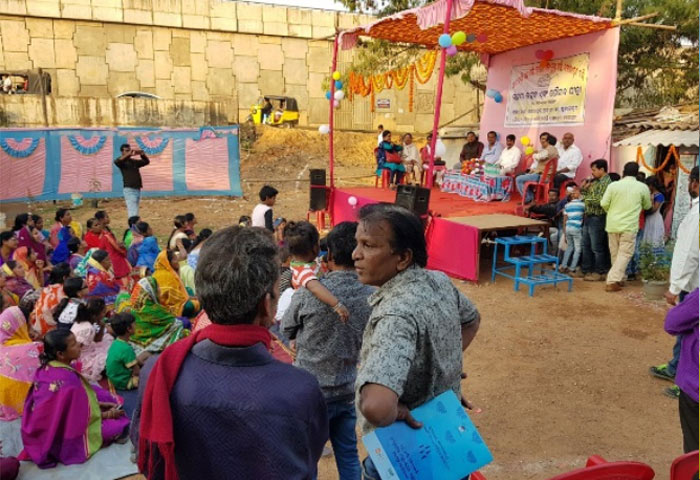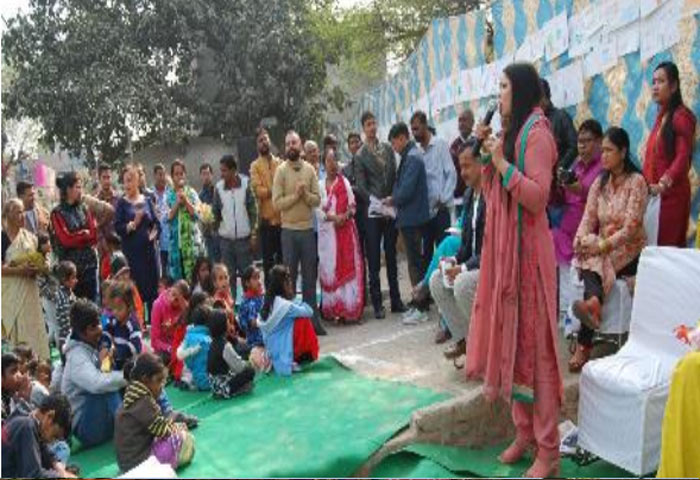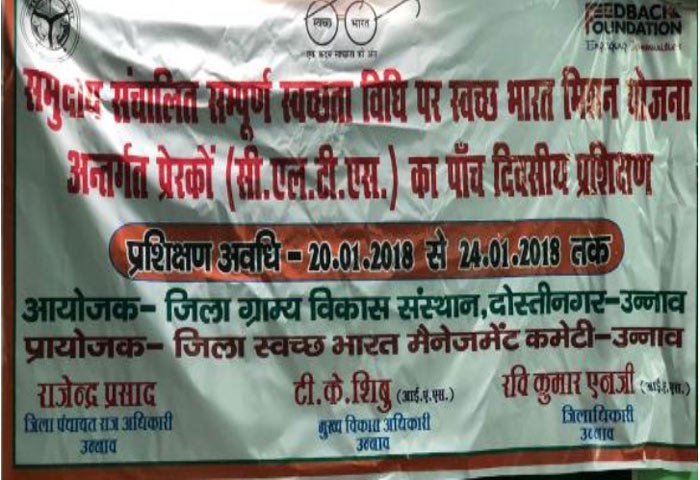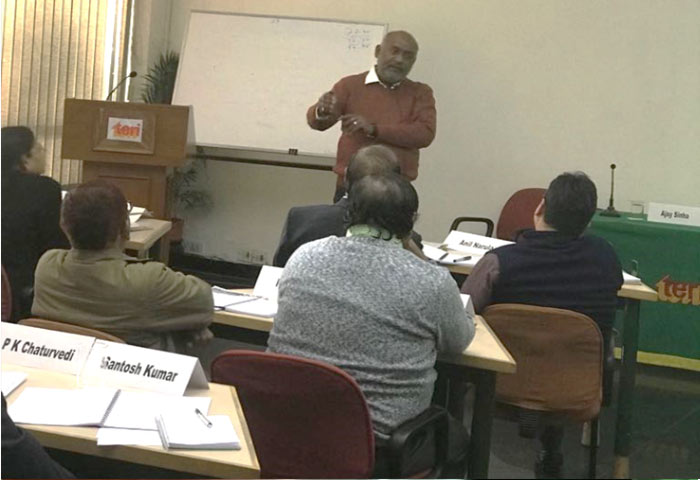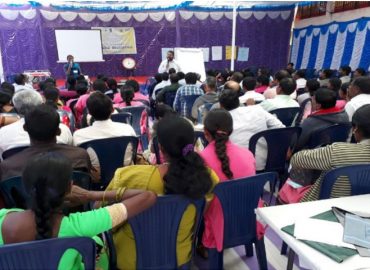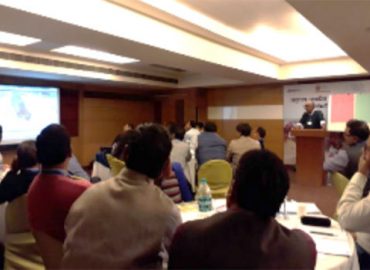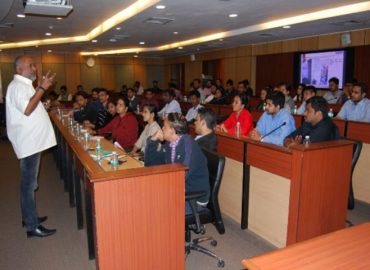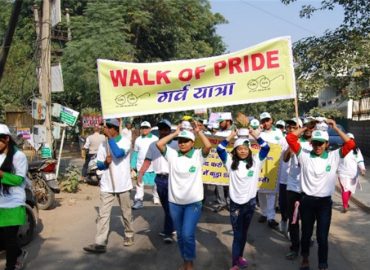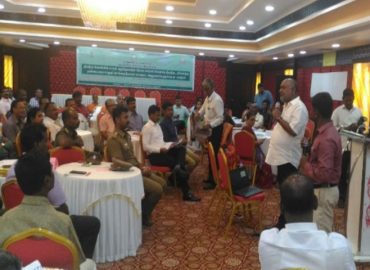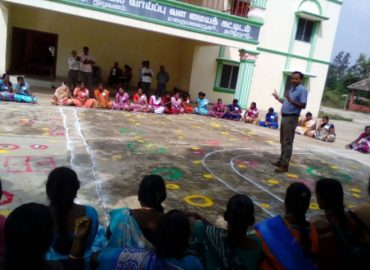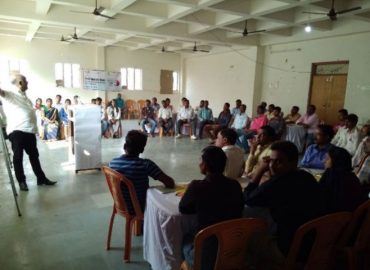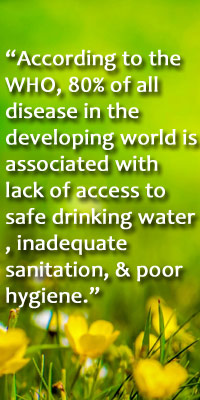
1- Integrated Decentralized Solid Waste Management Model at Nathuawala, Ward 100, Dehradun:
Developed by Dehradun Nagar Nigam with technical support of Feedback Foundation.
A study has been conducted on the SWM in Uttarakhand by Dr. Anita Joshi, Department of B. Ed, M. B. Govt. P. G. College Haldwani, Nainital, Uttarakhand India and Mr. Neeraj Joshi, Directorate of Urban Development, Uttarakhand India. According to them the decentralized method is economically sustainable and can be adopted by Urban Local Bodies of Uttarakhand for Solid Waste Management process. This project can turn out to be a role model for other Urban Local Bodies all over India.
2- Integrated Decentralized Solid Waste Management in 4 Wards under Suar Nagar Palika Parishad using ‘No Open Waste’ [NOW] Approach.
Background
- Suar Nagar Palika Parishad (Suar NPP) is the governing body for the city of Suar in District Rampur, Uttar Pradesh
- The Urban Local Body (ULB) was keen to introduce a scientific and modern, end-to-end solution for effective management of the municipal solid waste generated in the city, in accordance with the Solid Waste Management (SWM) Rules, 2016
- The city had engaged a private vendor for street sweeping and Collection & Transportation of municipal solid waste across its 25 wards, who used to collect and dump waste in dumping sites
- No formal SWM system existed and garbage was dumped on drains, road sides etc
Feedback Foundation Charitable Trust (FF) is a leading provider of sustainable sanitation solutions across Rural and Urban India and has experience in making urban communities ‘No Open Waste’ on a sustainable basis. Suar NPP engaged FF for Integrated Solid Waste Management solutions, FF team then visited the NPP along with representatives from Suar NPP and potential wards for SWM were selected. The site near Valmiki Basti in Ward no 1 was selected for development of a waste management unit, ‘Sanitation Park’ for catering to the waste generated in adjacent 4 wards (Ward nos. 1, 6, 12 and 14).
Situational Assessment



- Before launching the Pilot Project, in order to plan towards meeting the objective, situational assessment of Ward nos. 1, 6, 12 and 14 of Suar NPP, was done by inclusive and participatory methods.
- During situational assessment, discussions were held on various topics viz. waste minimization, waste segregation and other aspects of Solid waste management. FF focuses on minimization of waste and segregation of waste at source as the two most crucial aspects of Solid Waste Management.
- Furthermore, the team visited the dumping points of waste in each ward to assess the present system of disposal of waste.
- Each ward was divided into clusters for enabling proper coverage of every ward. Route Map of each ward was made.
- Ward No. 1: Ward No. 1 was divided into 7 clusters. 29 Dumping Points were found in the ward during assessment and 15 garbage bins were found to be placed in various locations.
- Ward No. 6: Ward No. 6 was divided into 04 clusters. 12 Dustbins were found to have been placed at various locations.
- Ward No. 12: Ward No. 12 was divided into 04 clusters. 22 dumping points were found in the ward during assessment.
- Ward No. 14:
- Ward No. 14 was divided into 04 clusters. 20 dumping points were found in the ward during assessment and 8 garbage bins were located in the ward.
- Waste generators were identified in all the 4 wards and list was made of domestic, commercial and institutional waste generators.
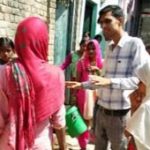
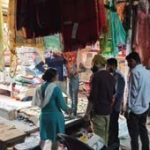
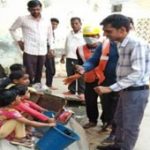
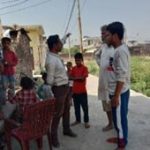
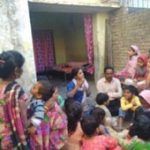
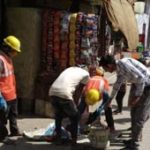
- Door to door visits and visiting other establishments was focused on segregation at source.
- Importance of segregating waste is shared and segregation of waste in 4 categories demonstrated.
- Waste minimization options were also shared.
- Citizens accepted the concept of segregation of waste at source and started using different bins.
- Awareness Campaigns conducted in the selected wards
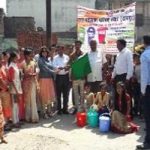
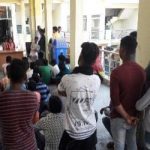
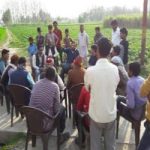
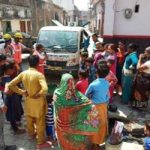
- Capacity Building of Collection Boys done.
- Mass Mobilization conducted in all the 4 wards.
- Sector triggering conducted with women, children, youth, senior citizens, anganwadi workers etc.
- Rallies conducted to spread awareness and make it a collective long-term initiative.
- IEC activities conducted in market place, Government offices, institutions and residential areas for mobilization of citizens towards waste minimization and segregation of waste at source.
- In-situ composting encouraged, citizen’s mobilized to use cloth bags in place of plastic bags.


- Route Map for C & T prepared.
- Timely Collection & Transportation of waste ensured.
- PA system installed in all collection vehicles for announcement during collection time.
- Collected segregated waste transported to the Sanitation Park.
- The Collection Vehicles have been colour coded and messages on segregation of waste and its categories are displayed.
- Personal Protective Equipment (PPE) including Uniform, safety hats, masks, gloves, boots etc. provided to Collection and Transportation personnel and manpower at the sanitation park and usage ensured.
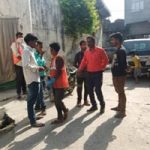
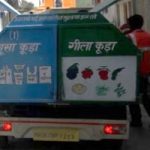
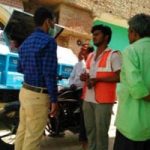
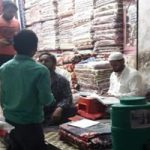
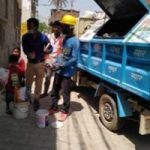
- Regular Follow up continued to ensure sustainability of segregation at source and proper collection and transportation.
- No mixed waste is collected.
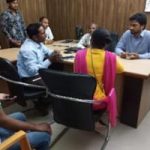
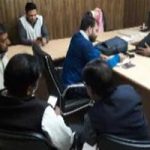
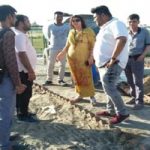
- The Project is monitored on a regular basis at different levels i.e. by monitoring the daily activities done in the project area through WhatsApp group by the head office of Feedback Foundation and organizing monthly review and planning meetings.
- Besides this, Suar NPP monitors the activities linked with the same WhatsApp group on day to day basis.
- Regular field visits conducted and valuable inputs given for smooth implementation of planned to achieve the desired outcomes of the project.
- Periodic review meetings conducted.
- Monthly Progress Reports shared with client.
Sanitation Park
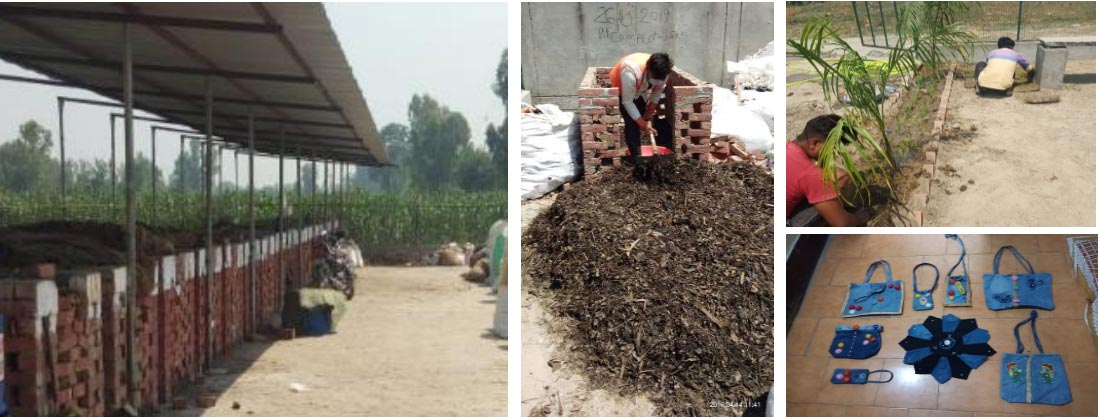
- "Sanitation Park" provides end to end treatment of waste generated by the waste producers of Ward nos. 1, 6, 12 and 14 on day to day basis.
- The segregated waste transported by the collection vehicle is off-loaded on Segregation Platform in the Sanitation Park. The waste is then weighed, following which secondary and tertiary segregation of dry waste is done.
- Dry waste is segregated into 28 categories, cleaned and stored in separate labelled sacks for selling it to recyclers.
- Composting of wet waste is done.
- Value- added products are also made from recyclable materials.
- Biomedical waste is sent to Incinerator for incineration.
- Linkage with recyclers, dismantlers done under Extended Producer Responsibility (EPR).
- Non availability of land
- User-charge system not in place
- No formal solid waste management system
- Ignorant about SWM Rules 2016
- Sanitation workers were not trained
- Rampant dumping spots
- Segregation of waste not in practice
- >90% segregation of waste at source by all waste generators
- No waste visible in 4 wards under the Pilot Project
- No incidence of open littering/dumping of waste
- >50% wet waste generated utilized within the wards through in-situ composting and other eco-friendly mechanisms
- Visible impact on quality of life of sanitary personnel, informal rag-pickers and waste collectors
- Dumping sites cleared
- Linkages created for recyclable waste generated by the wards
- Domestic hazardous waste treated in an eco-friendly manner
- <10% residual insert waste sent to the sanitary landfill site
- Sanitation Park developed and support services, manpower and technology deployed
- 15-20% of waste reduction achieved
- Significant savings in Collection & Transportation expenditure
- Based on the achievement of the Pilot Project, Integrated Decentralized SWM Model has been scaled up and is being replicated in all the 25 wards of Suar Nagar Palika Parishad.
- 2 Sanitation parks are developed and made functional.
3- Making 24 slums under Bhubaneswar Town Centre District (BTCD) area in Bhubaneswar ODF.
Total number of slums – 24
Total number of households – around 5700
- Creating Open Defecation Free Slums in BTCD areas followed by close monitoring of the community over a period of six months.
- Institutional strengthening and capacity building of stakeholders at all levels and municipality service providers including elected leaders, Community Based Organizations (CBOs) at grass-root levels etc.
- Focus on Open Defecation on a daily basis
- Continuous community mobilization to convince households and establishments about the importance of ODF
- It is the participatory approach and methodology that triggers and mobilizes urban communities into collective action for achieving the goal of total sanitation
- Address sanitation as a public rather than a private good
- Communities and groups of people led by their natural leaders are the key actors in enabling sanitation on the ground
- Identify OD sites where CTs/PTs (Community Toilets/ Public Toilets) are essential; position them and establish O&M managed by the communities themselves.
- Continuous engagement with community and other stakeholders.
- Involvement of BMC/BSCL functionaries (Top to Bottom) during all the activities leading to complete ownership and Confidence Building Measures in slums.
- Triggering social, cultural and religious institutions to contribute towards creating ODF communities.
- Involving each section of the society for mobilization such as RWAs, Vyapari Sangh and even transgenders.
- Technology demystified.
- Community ownership and self-management of community toilets.
Key Lessons Learnt
- One champion at the city level makes a difference. A champion breeds more champions.
- Developing and nurturing second layer of leadership is critical for institutional sustainability. Institutionalization of natural leaders in the form of Nigrani Committee (monitoring team) is the key to sustain behaviour change.
- The process of triggering helps the community come together for collective action. The development activities for triggered communities should be prioritized based on the demands from the community.
- The natural leaders that emerge from triggering become instrumental in addressing several sanitation issues and development needs.
- Community monitoring always keeps the community and the corporation at high alert and action. Every cluster should have self-monitoring tools for the community to understand their progress and status.
- Helpline and Grievance Cell to be institutionalized at Ward/Zone levels and there should be GPS monitoring of vehicles for collection of segregated wastes.
- Efficiency of the service provider improves significantly. garbage collection time in the triggered locality reduces by almost 60%.
- Services in place at the right time, based on demand, create confidence within the community and the Nigrani Committee. Timely delivery of service also contributes towards sustaining collective behavior change
4- Women Empowerment & School – A Case Study by Uddita of Sanjay Camp
‘I am Udita, I was born in Sanjay Camp and I live here with my small family. We used to finish our daily chores of cooking and cleaning and then spend time gossiping as we had nothing better to do. Then, the team from Feedback Foundation (FF) started the school with Sewa Bharti to teach the children of our camp and also started few activities with the women of the camp, that is how we came to know about the self-help group (SHG).
5- Impact of Open Defecation Free (ODF) Campaign – A case study by Irshad Ali of Shastri Camp.
“I am a resident of Shastri Camp, my name is Irshad Ali Shastri and I have been living in this Camp since last 35 to 40 years. There were lots of problems in the camp, the most important being, people of the camp defecating in the open and dumping garbage in and around the camp, making the camp very unhygienic. When the FF team came to our camp, they awakened the people in the camp, to the fact that our camp can also become open defecation free..
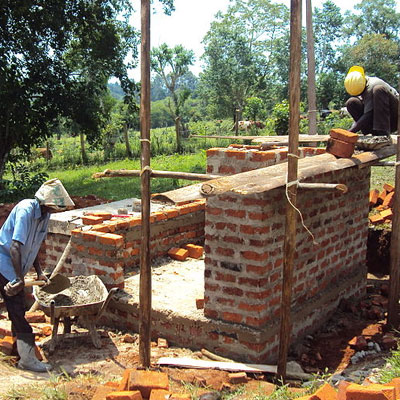

URBAN SANITATION
Follow Us At
Feedback Foundation Events









